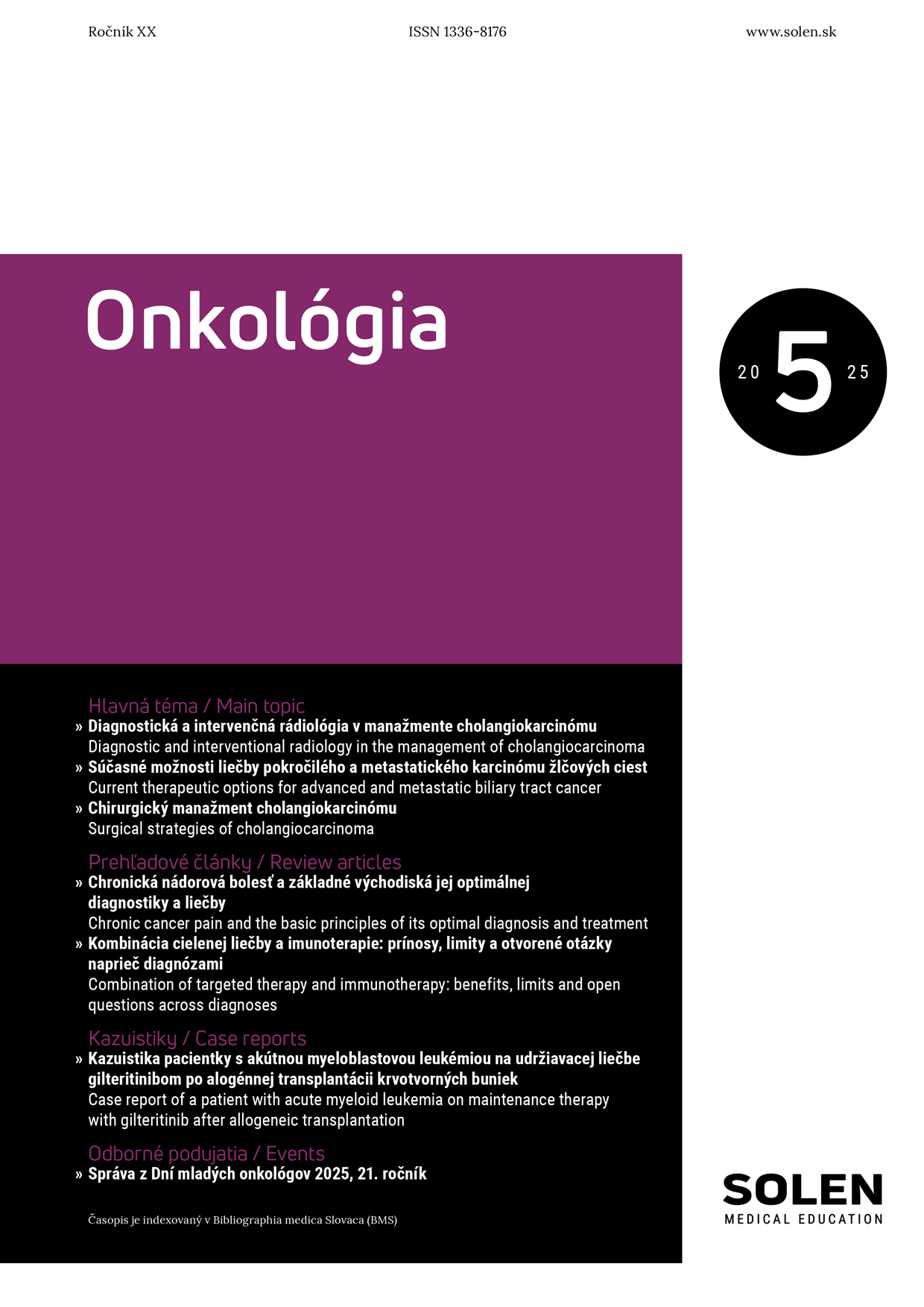Urologie pro praxi 3/2007
HORMONAL MILIEU OF PROSTATE CANCER AND NEW OPTIONS FOR ITS MANAGEMENT
The incidence of malignant prostate tumours has been steadily increasing in recent decades making prostate cancer one of the most common male malignancies. In European countries, it accounts for approximately 16 % of malignant tumours in men. In European Union countries, 237,800 cases were diagnosed in 2004; the incidence in the Czech Republic was 83.4/100,000 (18). The mortality rate is about 4 % and does not vary much. Curative treatment is possible only in localized forms of the disease. The biological nature of the disease allows for long-term stabilization even in more advanced stages of the condition. The management of advanced forms of disease is based on multimodal approach to prostate cancer treatment. The gold standard for the treatment of advanced and generalized forms of prostate cancer is endocrine manipulation. Due to its adverse side effects and psychological impact, surgical castration has been replaced by pharmacotherapy in modern medicine. In accordance with the European Association of Urology guidelines, administration of LHRH analogues is the mainstay of hormonal suppression of advanced and generalized forms of the disease. As with orchiectomy, administration of LHRH analogues delays tumour progression, improves the symptoms, and prolongs tumour-specific survival. Both the AUA and ESMO guidelines present a novel approach to treatment (6). In patients with failure of the second-line hormonal suppression and a probable hormonally independent cancer, treatment should typically include administration of docetaxel as a part of the multimodal approach.
Keywords: prostate cancer, endocrine treatment, LHRH analogue, testosterone suppression, docetaxel

















